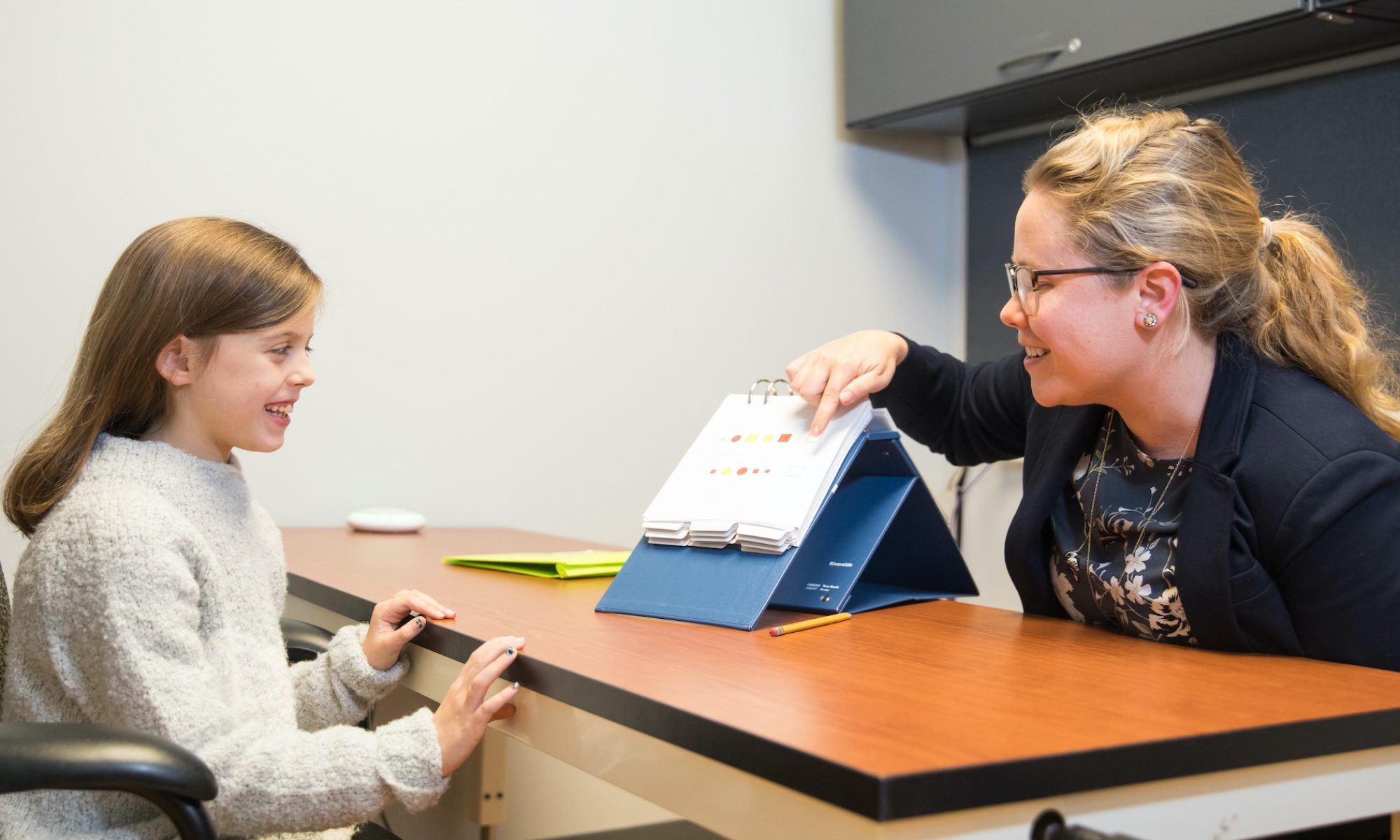The LEARN Lab studies broad questions such as:
- Can brain measures and traditional assessments allow us to identify children who will develop language, learning, or reading disorders, even before we can usually diagnose that disorder?
- How does the brain process language? How does this change during development? How is it different in those with disorders?
- In what ways does parent input relate to children’s language development?
- What is the intersection between disorders or challenges in language and mental health?
Studies currently recruiting participants:
The HEALthy Brain and Child Development Study (HBCD)
The HBCD Study, sponsored by the National Institutes of Health, is the largest long-term study of early brain and child development in the United States. Northwestern is one of 25 sites around the country that is part of HBCD. We recruit families during pregnancy and then follow children from shortly after birth until age 10! If you are interested in participating and live in the Chicago area, please email hbcd@northwestern.edu.
Language and Communication in Moebius Syndrome
Moebius Syndrome is a genetic condition that affects a person’s ability to move their face and to move their eyes (such as to look sideways). Launching later in 2025, we are investigating how best to assess and the development of language and communication in children with Moebius Syndrome. Learn more on this page.
Brief synopses of some of our recent studies:
Social EEG: Parent-child brain similarity during interaction in typical development and autism
This study investigates parent-child interaction and language development in toddlers. We hope to learn how these skills develop in typical children and children with autism. To do so, we video record parents and toddlers as they play together, measuring their brain similarity and how they respond to each other throughout the interaction. This project could help researchers better understand how children develop language and social skills and could lead to improved methods for early identification of developmental disorders such as autism. This research is funded by NIDCD.
“When to worry” about language development or irritability
It is common for toddlers to experience irritable behaviors like temper tantrums and also common for toddlers to have language delays. Many toddlers who experience these challenges end up developing typically, but others face longer-term difficulties with mental health, language, or both. This study uses a variety of measures like assessments in the lab, parent questionnaires, and social EEG to look at the longitudinal patterns of development from toddler to preschool age. With our colleague Dr. Laurie Wakschlag, we hope to be able to provide parents and pediatricians with guidelines on “when to worry” about language and irritability in toddlers. This research is funded by NIDCD and NIMH.
Brain and behavior correlates of early school age language
This project assesses the brain’s response to sound, and whether this response is stable over time. We are also interested in how these responses relate to language abilities. We hope that this research will identify whether brain measures could be used as predictors of future reading and language achievement.
Promoting language development via an app for parents
Can parents promote optimal language learning for their toddlers by using a smartphone app? Technology could help parents implement language learning strategies and promote healthy language development for their children. In this study, parents of toddlers use an app that provides strategies to enrich daily interactions. We want to find out how toddlers’ language changes as their parents use these strategies within their daily lives. This research can help us consider new ways to implement language intervention using low-cost technology with the hopes of improving language outcomes for all children. Data collection is complete for this project!
Understanding how letter-sound integration relates to reading ability
A fluent reader’s brain quickly connects letters and their associated speech sounds. The purpose of the project is to examine the role of letter-sound integration in children’s reading. We use a combination of pen-and-paper assessments and brain measure that records natural electrical activity in the brain using EEG. This work could give insights into better identification and intervention for children with reading difficulties. Data collection is complete for this study!
You can go to the publications page to view and download our publications.
If you are interested in participating in our research, please contact learnlab@northwestern.edu.
If you are interested in joining the lab, please see the contact page for more information.

